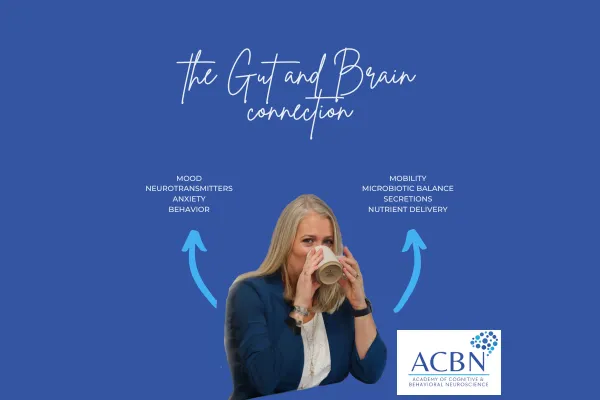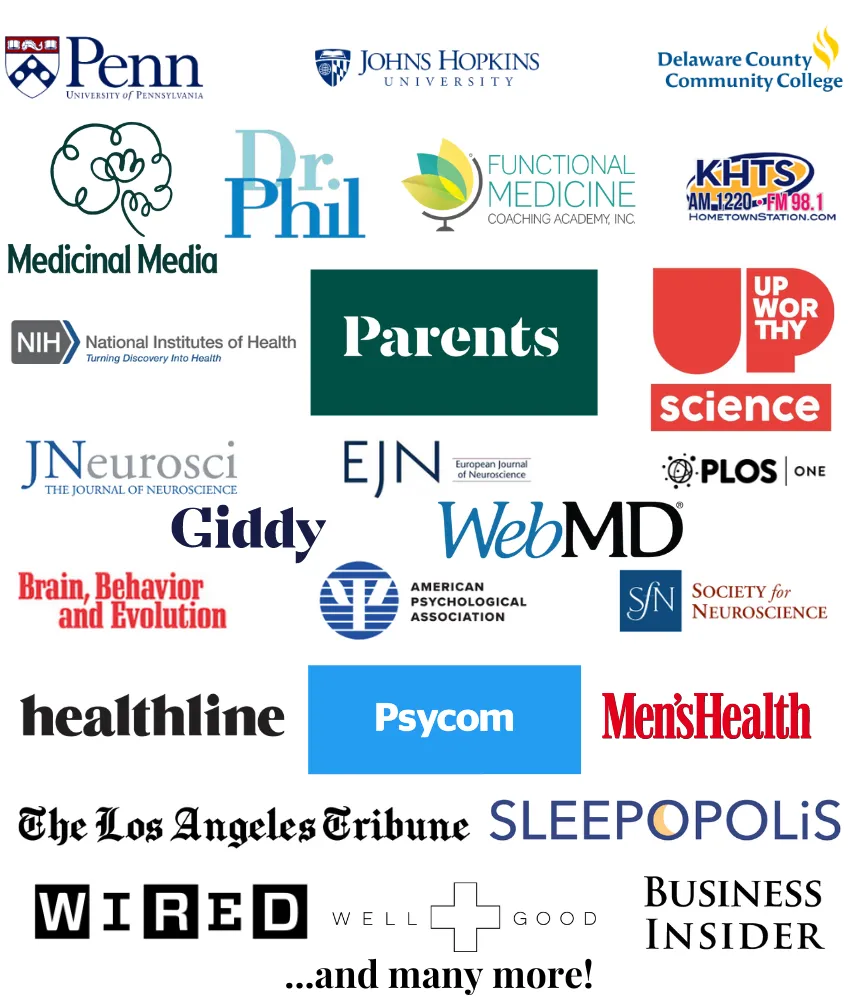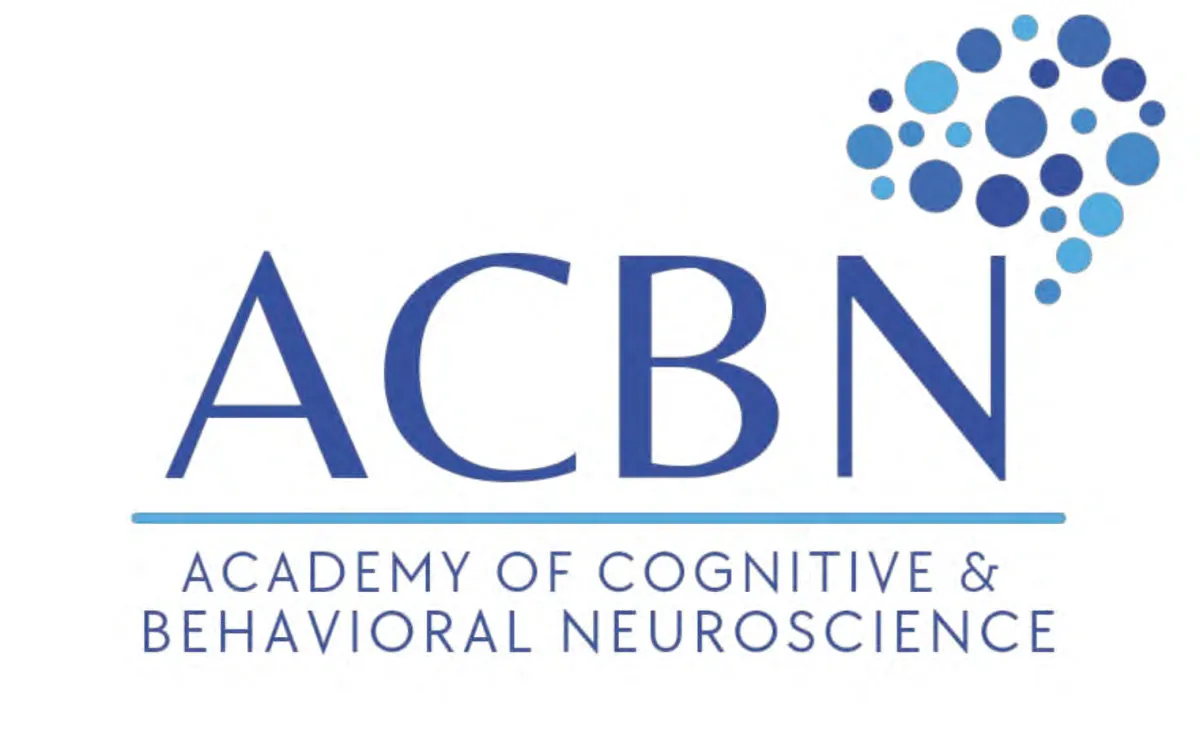
Welcome to Neuroscience Nuggets, your treasure trove of brain science knowledge designed to unlock the secrets of personal and professional growth! If you've ever been curious about the power of the brain and how it influences our thoughts, emotions, and behaviors, you're in the right place!!
Neuroscience, the captivating study of the brain and nervous system, offers a goldmine of insights to enrich our lives and those of our clients. At Neuroscience Nuggets, we're dedicated to making brain science approachable, exciting, and applicable in all aspects of your journey. Whether you're seeking to nurture your own well-being or enhance your professional practices, our nuggets of wisdom will equip you with practical tips, strategies, and evidence-based approaches to empower yourself and your clients.
Join us as we embark on an exhilarating adventure into the realm of neuroplasticity—the brain's remarkable ability to change and adapt. Together, we'll explore how harnessing neuroscience can lead to personal fulfillment, enrich your relationships, and supercharge your professional impact. So, grab your pickaxe and get ready to dig deep into the world of neuroscience nuggets. Let's unlock the untapped potential of the brain and unearth the pathways to personal and professional growth together. 🌱🌟

Boost Your Brain by Nurturing Your Gut
“ All disease begins in the gut.” - Hippocrates (The "Father of Medicine")
Boost Your Brain by Nurturing Your Gut: Unpacking the Gut-Brain Connection
Did you know your gut and brain are in a constant conversation?
Yep!
And what they’re talking about impacts your mood, your stress levels, and even your mental clarity. This dynamic partnership, known as the gut-brain axis, is a two-way communication highway that affects both emotional well-being and cognitive health. By tuning into how this complex system works, we can learn a lot about making simple, science-backed changes for better brain health.
Your Gut as the "Second Brain"
Scientists often call the gut the “second brain.” Why? Because it’s packed with over 100 million neurons, which make neurotransmitters like serotonin and dopamine. Fun fact: roughly 90% of serotonin, the so-called happiness molecule, is made in the gut, not the brain! When everything is running smoothly down there, we’re more likely to feel stable and even-keeled. However, an imbalanced gut can make it harder to maintain a positive mood, sometimes resulting in irritability or anxiety.
Real-Life Connection: Imagine this – you’ve had an intense week with late nights and maybe not the best food choices. You might feel a little more on edge or have that nagging brain fog. This is no coincidence; it’s likely your gut’s way of telling your brain that it’s off-kilter.
The Microbiome's Influence on Mental Health
Your gut is home to trillions of bacteria, known as the microbiome. These microscopic helpers are essential for digestion, immunity, and, as it turns out, brain function. Studies reveal that a diverse microbiome can help fend off mental health struggles like anxiety and depression, while an imbalance (or dysbiosis) can actually lead to inflammation that messes with mood and cognition. Maintaining this “garden” of bacteria by feeding it the right stuff leads to a more resilient mind.
Research in Action: A study from UCLA found that women who ate probiotic-rich yogurt showed different brain responses to stress compared to those who didn’t. A simple bowl of yogurt—helping your gut and calming your mind!
Chronic Stress and the Gut-Brain Axis
Stress is a big disrupter of the gut-brain axis. Prolonged stress can upset the gut microbiome, leading to a “leaky gut” (yes, it’s as unpleasant as it sounds) where substances that shouldn’t escape your gut manage to sneak into the bloodstream. The resulting elevated cortisol—the body’s stress hormone—reduces microbial diversity, which can actually worsen symptoms of stress and mental fog.
Practical Tip*: Try adding some brief daily stress-relief routines, like five minutes of deep breathing or mindfulness. It’s a tiny shift that keeps your gut-brain connection stable and minimizes stress-related wear and tear.
Everyday Lifestyle Tips to Strengthen the Gut-Brain Connection
While the science is fascinating, applying it in small, everyday ways makes a huge difference. Here’s how to help your gut-brain axis thrive with habits that are simple and powerful:
Eat the Rainbow: Aim to eat a variety of colorful fruits, vegetables, and whole grains. These naturally feed your good gut bacteria, creating a happier, more balanced microbiome.
Move Your Body: Exercise isn’t just great for your heart and muscles; it’s fantastic for your gut, too! Physical activity encourages microbial diversity and releases endorphins that boost your mood.
Prioritize Sleep: Sleep is essential for both brain and gut health. When we sleep, our bodies repair, and our microbiomes reset. Aim for 7-8 hours to keep that mind-gut connection healthy and sharp.
Quick Gut Boost: Reach for prebiotics (think oats, bananas, and garlic) and probiotics (like yogurt, kefir, and sauerkraut) for a balanced gut that can better support your brain.
The Power of Psychobiotics
A new, exciting field called psychobiotics is exploring specific bacteria that might benefit mental health directly. Imagine popping a probiotic tailored to improve mood, reduce anxiety, or even boost cognitive function! While research is still emerging, scientists believe we’ll soon have specific bacterial strains available that target mental well-being.
Research Highlight**: A study by McMaster University found that specific probiotic strains can reduce symptoms of anxiety and depression. This is just the beginning of seeing how targeted probiotics can help improve emotional health.
Final Thoughts: Using the Gut-Brain Connection to Boost Your Mind and Mood
The gut-brain axis is an amazing partnership that can significantly impact your mental health. By taking small, proactive steps to improve gut health, you’re also supporting a sharper mind and steadier mood. From adding probiotics to managing stress with mindfulness, these small habits help you care for the brain in your belly that’s been influencing your mental state all along.
Consider this a mini tune-up for the mind—start by nourishing your gut, and see how the brain follows suit.
*For more practical lifestyle tips to reduce stress and to uncover the neuroscience behind stress, grab my mini-course on Stress and the Brain here.
**For a list of my favorite go-to daily supplements, including a probiotic containing the same probiotic strain discussed above that has been clinically shown to boost gut and brain health, visit this Shopping Cart.

Meet Your Blogger
Dr. Hayley Nelson earned her PhD in Psychological and Brain Sciences from The Johns Hopkins University, is a tenured professor of Psychology in the Philadelphia area, and is an international speaker. She has over 20 years of teaching experience with students from diverse backgrounds, has several peer-reviewed research publications and previous research and faculty appointments with The National Institutes of Health, The Johns Hopkins University, and The University of Pennsylvania.
If the idea of learning about the brain and neuroscience feels overwhelming and intimidating, Dr. Hayley is the perfect neuroscientist for you. She's a busy mom of 2 with a great sense of humor, and she prioritizes bringing some fun and compassion to a field that can feel a little "hardcore". You can expect lots of real world experiences and examples and an open, caring learning environment where there are no stupid questions. Listening to one of Dr. Hayley's discussions feels more like a conversation with a family member (a really smart family member).
By creating the Academy of Cognitive and Behavioral Neuroscience, Dr. Hayley Nelson combined her knowledge of the human mind and brain health with her passion for education, teaching, and consulting to truly make neuroscience approachable. Her students learn easy-to-swallow knowledge of how the brain works in real-life situations and are armed with an education in a subject they can use literally every single day. Not only that, they gain the power to serve their clients better and create an environment for their communities to thrive.
Dr. Hayley's Featured Contributions, Publications, and
Faculty & Research Appointments

With a Certification in Cognitive & Behavioral Neuroscience, you will gain the confidence to speak with authority about HOW & WHY what you teach your clients actually works.
Neuroscience feels intimidating, and perhaps you've always thought that you're not positioned to be an authority on the science behind what's happening in your client's brain. Dr. Hayley Nelson founded the Academy of Cognitive & Behavioral Neuroscience, and she designed this Certificate Program with one goal in mind:
To make neuroscience approachable for professionals who want to distinguish themselves from others in their field with a unique and comprehensive understanding of the latest research and innovative techniques in neuroscience, and earn a highly respected certification in cognitive and behavioral neuroscience that sets them apart as a true expert in their field.
After completion of the certificate, students will uncover a newfound sense of confidence and neuroscience knowledge, will stand out in their industry by offering something unique to their clients, gain credibility, better serve their existing clients, and be positioned to take on more clients best suited for their programs.
Have questions about the Certification Programs from Dr. Hayley and
The Academy of Cognitive and Behavioral Neuroscience (ACBN)?
Want to book a 1-on-1 Office Hour consultation with Dr. Hayley?
Want to See What it's Like to Learn from Dr. Hayley?
Want to Stay in the Loop with Dr. Hayley and ACBN?
Connect directly with Dr. Hayley!
Click the blue chat bubble in the right-hand corner of the screen to get in touch with me, or connect with me on social media.





